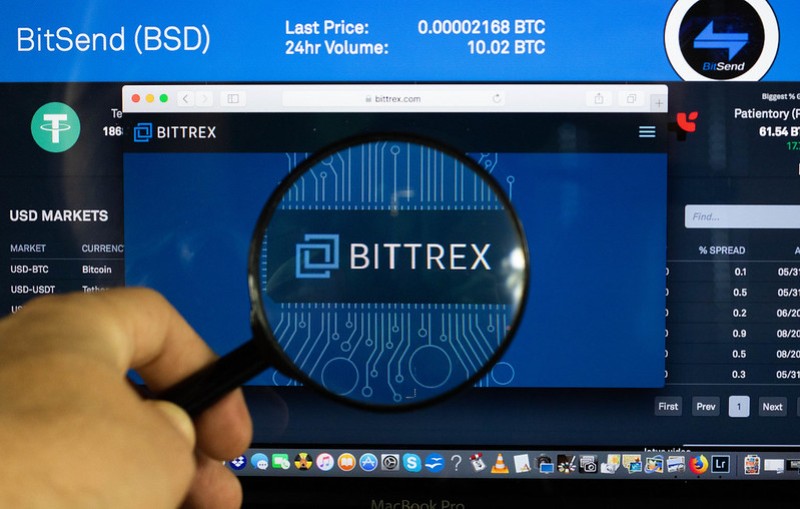Bittrex, based in Bellevue, Washington, has agreed to resolve liabilities with the U.S. Department of Treasury’s Office of Foreign Assets Control (OFAC) and Financial Crimes Enforcement Network (FinCEN), in the first parallel enforcement action by the two agencies in the crypto business, the Treasury Department said in a statement.
Although the company had reason to believe that its users were in sanctioned jurisdictions, based on internet protocol (“IP”) address information and physical address information collected about each customer at onboarding, Bittrex was not screening those data for terms associated with sanctioned jurisdictions at the time of the transactions.
“Bittrex failed to prevent persons apparently located in the Crimea region of Ukraine, Cuba, Iran, Sudan, and Syria from using its platform to engage in approximately $263,451,600.13 worth of virtual currency-related transactions between March 2014 and December 2017,” read the statement.
In OFAC’s largest virtual currency enforcement action to date, Bittrex agreed to pay OFAC $24,280,829.20 to satisfy potential civil liability for 116,421 suspected breaches of numerous sanctions programs.
“When virtual currency firms fail to implement effective sanctions compliance controls, including screening customers located in sanctioned jurisdictions, they can become a vehicle for illicit actors that threaten U.S. national security,” OFAC Director Andrea Gacki said.
At the same time, FinCEN imposed a civil money penalty of $29,280,829.20 on Bittrex for “violations of the Bank Secrecy Act (BSA) and FinCEN’s implementing regulations.”
According to FinCEN’s investigation, Bittrex failed to maintain an effective AML program from February 2014 to December 2018.
“Bittrex’s program failed to appropriately address the risks associated with the products and services it offered, including anonymity-enhanced cryptocurrencies,” FinCEN said in a statement.
It stated that Bittrex failed to establish adequate transaction monitoring on its trading platform, depending on as few as two workers with insufficient anti-money laundering training and expertise to manually analyze all transactions for suspicious behavior, which at times exceeded 20,000 per day.
“Bittrex’s failures created exposure to high-risk counterparties including sanctioned jurisdictions, darknet markets, and ransomware attackers,” FinCEN Acting Director Himamauli Das said.
He warned that FinCEN “will not hesitate to act when it identifies willful violations of the BSA.”
Bittrex was also penalized for the failure “to file any suspicious activity report (SAR) between February 2014 and May 2017” as well as SARs on a significant number of transactions involving sanctioned jurisdictions, including the processing of over 200 transactions that involved $140,000 worth of virtual assets—nearly 100 times larger than the average withdrawal or deposit on the Bittrex platform—and 22 transactions involving over $1 million worth of virtual assets, according to FinCEN.






